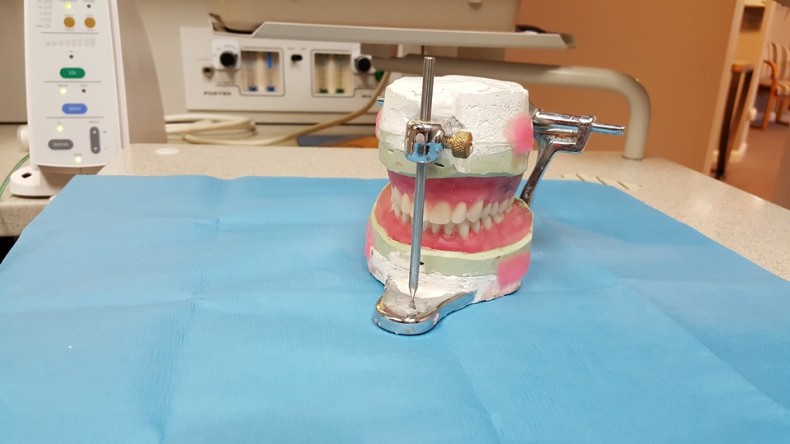Should the NHS learn from Hungarian dentistry?

Dentistry is booming in Hungary:
Between 2000 and 2008, the number of dentists in Hungary per capita increased by 56 percent. Hungary has more dentists per person than any other country.
The reason? Foreigners travelling to Hungary to get their teeth done using a dentistry service better in terms of price, quality or both than in their home countries:
Medical tourism [has] become widely accepted by policymakers as unique tool for economic development. Its promise was almost magical: tourism for countries that had not been gifted with beaches or mountains, or had lacked the good sense millennia ago to preserve their abandoned stone structures for future sightseeing purposes.
It’s not only the dentists selling their services to foreigners who benefit, so too does the local economy around them:
A 2010 study by the country’s central tax bureau estimated that the 60,000 or so dental tourists who traveled to Hungary each year generated at least 65 billion forints (about $227 million) in revenue for dentists, with another 13 billion or so forints (about $45 million) in ancillary spending on hotels and restaurants.
Which raises a question for the UK. Overall we have a high quality health service which could attract more foreigners to come and pay for health services. Moreover, many of our hospitals are located in areas which have long struggled to recover from the loss of other, often manufacturing or mining, industries. The money that health tourists bring is not only money that can go back into providing health services to our citizens but also money for the local economy. Money for the long economy, what’s more, in sectors which are labour-intensive and often have entry level (and more senior) jobs open to people without advanced qualifications, such as minicabs, hotels and restaurants. That’s all good for boosting local prosperity unlike the sort of ‘regeneration’ which simply passes money to non-local firms and creates jobs that are not accessible to those who most need to get on in the local jobs market.
So should health providers in Britain, especially the NHS, make more effort to become as well as a domestic service provider also an export earner, helping regenerate communities around the country?
It’d have to come with careful safeguards about prioritising NHS services, such as NHS patients coming first and perhaps rules around overseas earnings only being allowed when waiting times are very low. But perhaps it could deliver a sustained boost the economy in many of those communities for which decades of regeneration policies have often had such mixed results. On the other hand, the very connection of “private” in the same paragraph as “NHS” is very off-putting to some (even though, ahem, GPs have been the privatised heart of the NHS since day one as they are not state employees but in effect private small businesses selling their services to the NHS).
So what do you think?
Leave a Reply